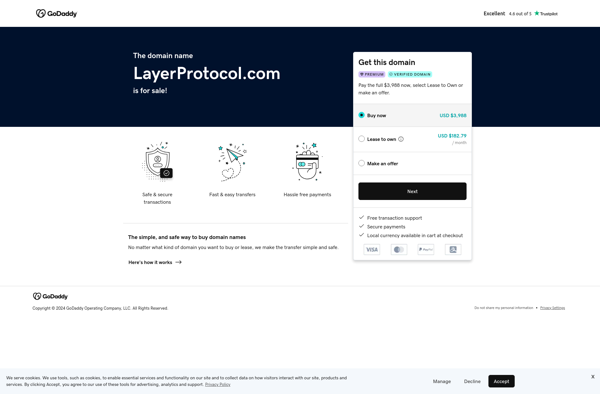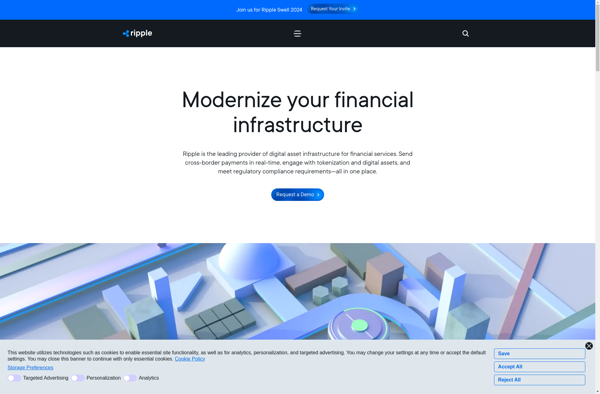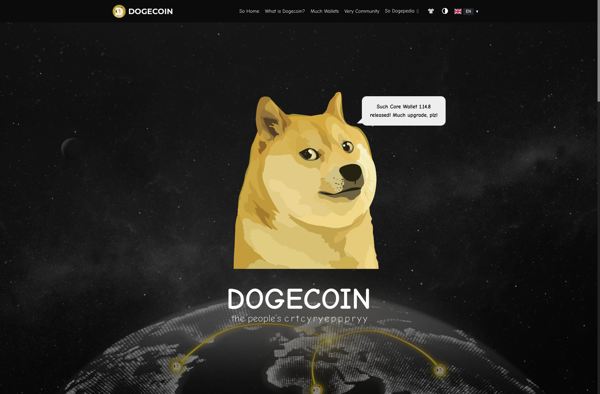Layer Protocol

Layer Protocol: Decentralized Messaging for Private Data
Layer Protocol is a decentralized messaging protocol and network that enables private data transmission between internet-enabled devices. It allows developers to build censorship-resistant messaging apps with integrations like payments, NFTs, social graphs, and more.
What is Layer Protocol?
Layer Protocol is an open network and decentralized communications protocol that enables the private and trustless transmission of data between internet-enabled devices. It includes messaging, payments, decentralized identity, and discovery of data services.
Built on a scalable infrastructure of incentivized nodes, Layer Protocol seeks to empower developers to build end-to-end encrypted communications experiences for their users that leverage the benefits of blockchain technology while protecting private data. The protocol handles the infrastructure so developers can focus on the application layer and UI.
Key features include:
- Decentralized data transmission that allows for private messaging between individuals or groups
- Censorship resistance by operating without a central point of control
- Support for payments, NFTs, social graphs and other integrations in messaging apps
- Incentivized nodes that relay and store encrypted message data
- Open source SDKs for building applications on Layer Protocol
Overall, Layer Protocol aims to provide the base infrastructure for a new generation of messaging and social apps that put privacy and user control at the forefront.
Layer Protocol Features
Features
- End-to-end encrypted messaging
- Decentralized infrastructure
- Open source protocol
- Customizable with plugins
- Supports payments, NFTs, social graphs
- Interoperable across devices and platforms
Pricing
- Open Source
Pros
Cons
Official Links
Reviews & Ratings
Login to ReviewThe Best Layer Protocol Alternatives
Top Social & Communications and Messaging and other similar apps like Layer Protocol
Here are some alternatives to Layer Protocol:
Suggest an alternative ❐Monero

Ripple - Crypto Solutions

Litecoin

Dogecoin

Cardano

Bitcoin Cash

Ethereum
